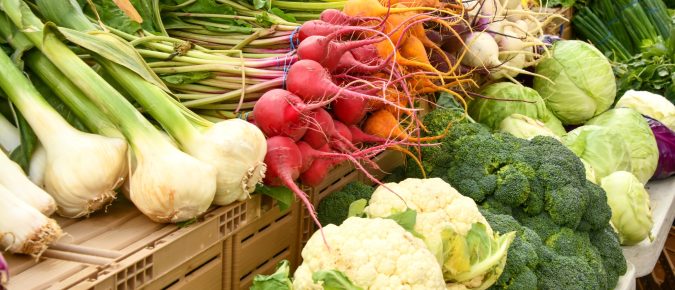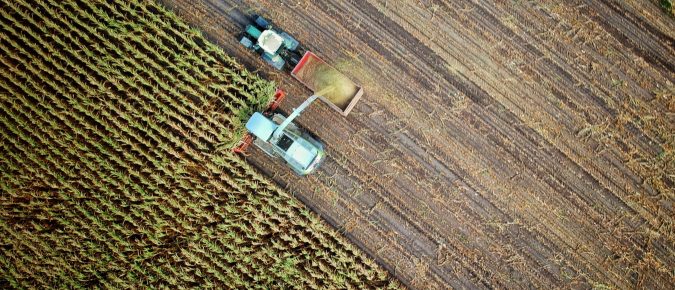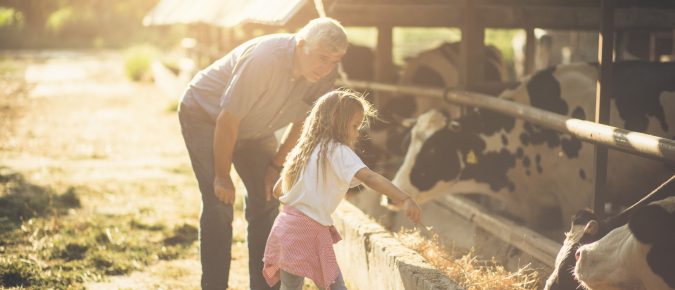This article is one of a series of articles about worksheets in Cultivating Your Farm’s Future: a workbook for farm succession planning in Wisconsin. Cultivating Your Farm’s Future: a workbook for farm succession planning in Wisconsin was developed as a companion piece for Extension farm succession programs. It is designed to help family members and […]
Some takeaways for today’s presentation include accessing land where do you begin, navigating lease agreements, negotiation for success, and resources to get you connected?
How would you describe your attitude or emotions to the words “farm succession planning”? Excited, hopeful, motivated? Or maybe the words that come to mind are apprehensive, stressed, or conflicted. Perhaps at different times all these words can be used to describe your attitude about farm succession.
Setting a price for a new food product in the marketplace is no easy task. In this video, we’re going to help you think about all the different facets that you need to consider to do it right.
Market characteristics is who typically makes the decision to purchase your product, this may or may not be the person who has ultimately consumed the food product that you have. As an example, a product may be appealing to young kids, but they’re not the ones purchasing the product, so you want to reach their parents.
As the 2023 crop season get started, landowners and custom service providers are negotiating custom rates, but the newest Custom Rate Guide for Wisconsin is from 2020[1]. Prices have increased a lot over the past three years.
The second measure of financial position is solvency. Solvency is the ability of a farm business to pay all its farm debts if the business was sold tomorrow. Solvency is important in evaluating the financial risk and borrowing capacity of the farm business. Debt-to-Asset Ratio The Debt-to-Asset ratio compares a farm’s total assets with total […]
The first measure of financial performance is profitability. Profitability is the difference between the value of farm goods produced and the cost of the resources used in the production of those farm goods. In other words, profitability is what’s left after the farm business has paid all of its bills. Profitability measures the financial performance […]
The second measure of financial performance is repayment and replacement capacity. Repayment capacity shows the farm’s ability to repay term debts on time and as they come due. It includes non-farm income so it is not a measure of the farm business performance alone. The two measures used to assess repayment and replacement capacity are […]
The final measure of financial performance is financial efficiency. Financial efficiency shows how efficiently a farm business uses assets to generate income. It also indicates where each dollar of income generated in the farm business has been spent. The four measures used to assess financial efficiency are operating expense ratio, interest expense ratio, depreciation and […]
The first measure of financial position is liquidity. Liquidity is the ability of a farm business to meet the financial obligations as they come due – to generate enough cash to pay family living expenses and taxes and make debt payments on time. The two measures used to assess liquidity are current ratio and working […]
A farm business that has collected and organized their farm records will be able to complete management reports or financial statements. The Farm Financial Standards Council (FFSC – https://ffsc.org/) recommends farmers create four financial statements from which the financial position and performance may be analyzed. These statements include the balance sheet, income statement, statement of […]
Take the next step by exploring the Edible-Alpha® Learning Center Getting Expert Advice When Starting a Farm Business Extension Food Business Development Creating a Value-Added Business Model That Works
Is your tax bill higher than you would like? As a landowner your woodlots are often an overlooked source of cost. Join Darrin Kimbler and Tony Johnson as they discuss the different tax assessment options for woodlots.
The possibility of a next-generation joining the farm can be an exciting time; yet change, even positive change, can be stressful. Farm succession and its many components is sometimes overwhelming for farm families.
The recently released Wisconsin Youth Risk Behavior Survey (YRBS) data from the Wisconsin Department of Instruction, notes that over half of Wisconsin students report significant problems with anxiety, and one-third report problems with symptoms of depression in the last year.
Automation and technological advances offer many opportunities to increase labor efficiency and productivity, but they also carry risks and large costs.
The takeaways of this video are: What is a business model? How can you use the business model canvas to flesh out your business idea? And how do you explain the value that you bring?






















